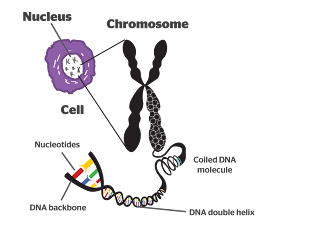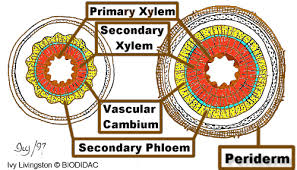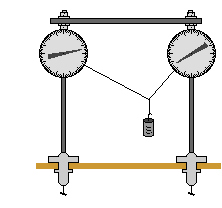Rudolf Elphberg
Introduction:
Rudolf Elphberg is the real king of Ruritania, and is half-brother of Black Michael, who makes him prisoner in the castle of Zenda. He is well-educated and has passed much of his time abroad. He is very fond of wine. When he sees wine before him, forgets every thing. That's why Black Michael succeeds in making him unconscious and then makes him prisoner in the castle. King Elphberg is a young man. He is handsome to look at all and tall and has good looking stature. The distinctive mark about him is that his hair is red in colour and sharp nose. He resembles Rassendyll in physical appearance, but mentally both are quite different.
A Care-free fellow:
Rudolf Elphberg is a happy go lucky type of young man, who wants to pass a care free life. He appears before us as a pleasure loving man, whose only interest is in eating, hunting and drinking wine. He also lacks courage, self-confidence and wisdom. He is so careless that he drinks a lot of wine on the eve of his coronation and fell unconscious. This shows that he has no understanding of the political affairs of the country and takes these affairs very lightly.
As a good friend:
Rudolf Elphberg cannot be called a bad man, because he has all the qualities of a good friend. He is sincere, hospitable and friendly. He is a very good man from the core of his heart. He is a pleasant tempered man, because when he is in the party with Rassendyll, sapt and fritz, he speaks in a friendly way and does not think himself a king but mingles with them frankly.
A True Lover:
The most important point in the character of Elphberg that deserves attention is his love for princess Flavia, his cousin. His love for her is pure and unselfish. He loves her because of her noble qualities of head heart.
Conclusion:
On the whole, Rudolf Elphberg is a gentleman and does not hurt any body's feelings. During the imprisonment he behaves rather weakly, but the end he shows his courage by helping Rassendyll in his efforts to release him from prison. He appreciates the efforts of Rassendyll and his companies, and also very grateful to them.
So, through his simplicity he wants the sympathy of the readers.




